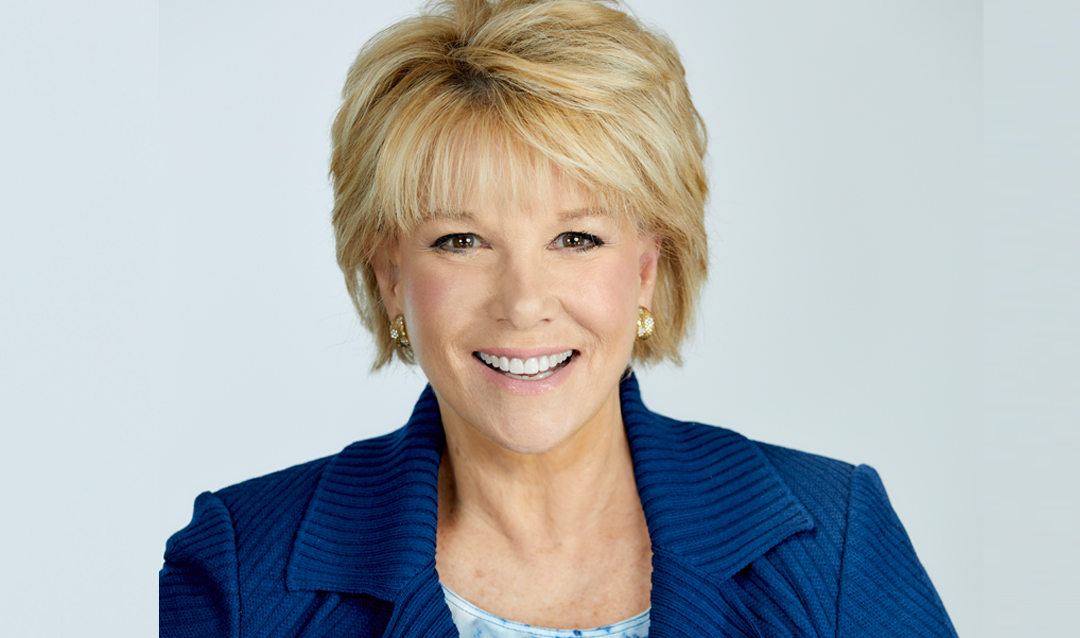You became a serious health advocate after your breast cancer diagnosis in 2014. How did that experience influence your perspective of public health?
My cancer diagnosis changed the trajectory of my life dramatically. I was aware of the fight against cancer from a very young age since my father was a cancer surgeon. I heard about the fight against cancer every day, not only from my dad, but from his patients... How could I want to be anything other than a doctor? My dad was also an avid private pilot and would often fly around the country giving speeches at cancer conferences. While flying home from one of those conferences, he crashed and was killed at 51 years old. I couldn’t wait to work in a local hospital my dad helped found. That job the summer before college taught me that stitches and scalpels would not be a part of my future.
I feel fortunate my career as a journalist has given me the opportunity to interview medical experts and disseminate health information. However, it was my cancer diagnosis that provided me the unusual opportunity to carry on my dad’s legacy and make a difference in women’s health. I’ve shared my journey and everything I’ve learned along the way, giving countless speeches, traveling to Washington to advocate for changes in health policy, and helping to raise funds for research. My diagnosis turned out to truly be a gift in my life. Happily, I am now cancer free.
How has the pandemic impacted healthcare?
Healthcare in America and around the world has been forever changed. For many people there has always been a reluctance to interface with the medical community, and the global lockdown seemingly exacerbated that. Then too, I think we are driven by our habits, and we have gotten out of the habit of going for health checkups.
This has spelled trouble for many patients. A number of doctors whom I’ve recently interviewed have told me many of their patients missed their annual checkups, colonoscopies and mammograms and may sadly have to contend with late-diagnosed disease. One last troubling aspect of the pandemic is the onslaught of misinformation and the distrust in doctors and scientists that has come out of the political divide in the country.
The boom in tele-health has changed how people interact with their healthcare providers. What is your perspective on that?
Telehealth has been laying its foundation with most major medical institutions for several years. The plan had been to roll out over the coming two to three years. However, when the world locked down, telehealth became the only game in town overnight. It has now become so entrenched that it’s certainly here to stay. Only time will tell if a patient’s outcomes will be negatively affected as telehealth replaces in-person appointments.
What are the most serious global issues today that could impact the future of public health?
Climate change. Sadly, we’ve known for several decades that major environmental changes were needed to safeguard our planet. However, climate change became a political football, funded by the fossil fuel industry. There are still people who contend that climate change is a hoax despite the clear scientific evidence. We need to stop debating the obvious and create a global effort to make changes while we still have a chance. As the earth continues to warm, the oceans continue to rise and ice plates melt, we will continue to experience heat waves, intense storms and fires.
As conditions become dire in certain locations, we will experience massive population movement, and with that will come societal and political unrest.





